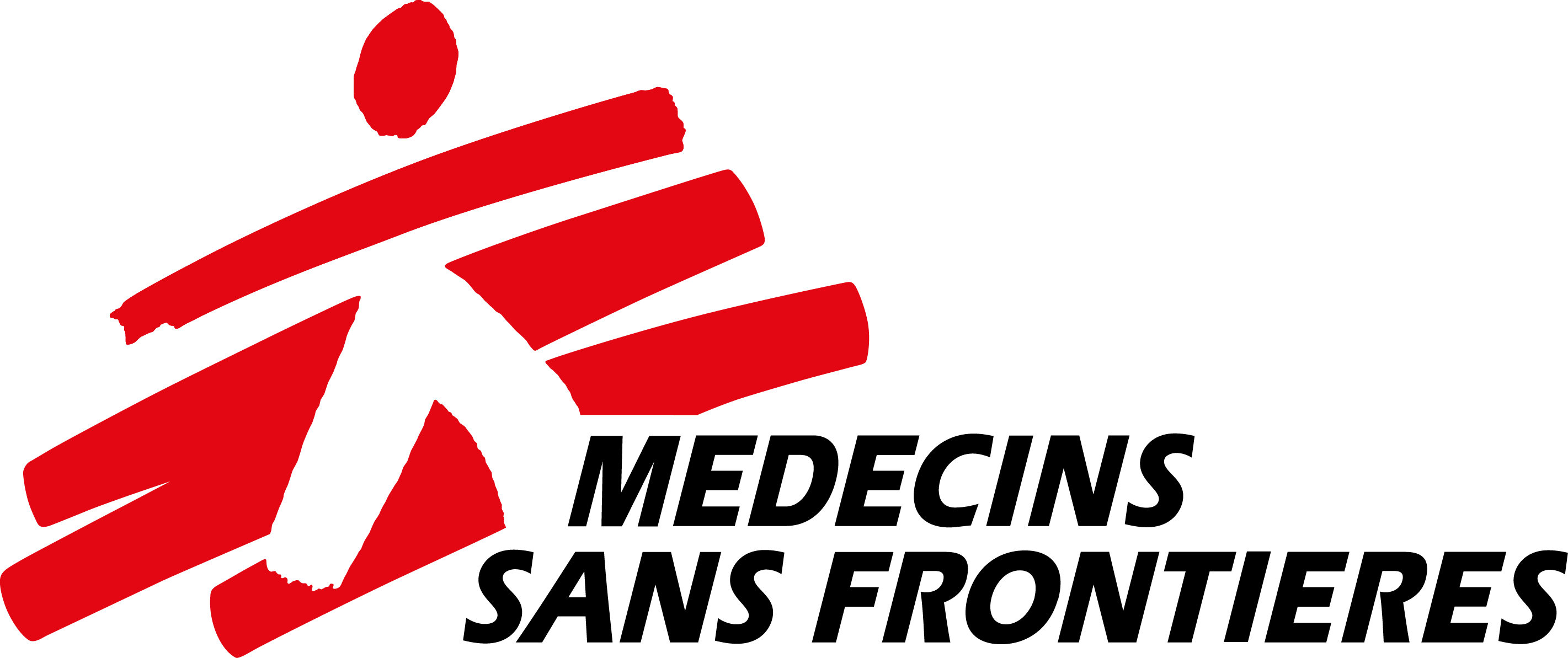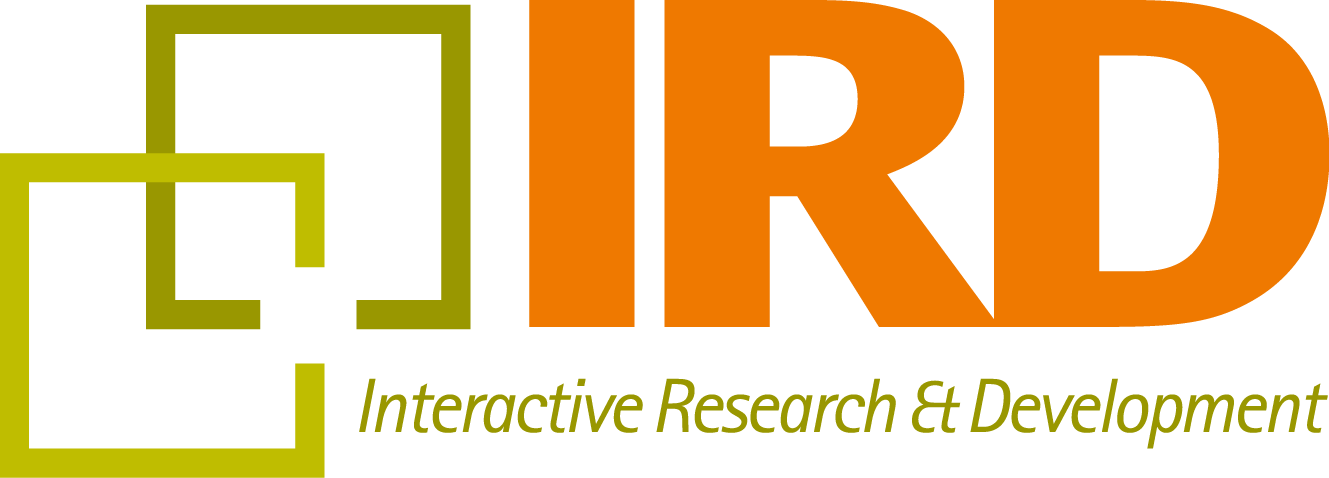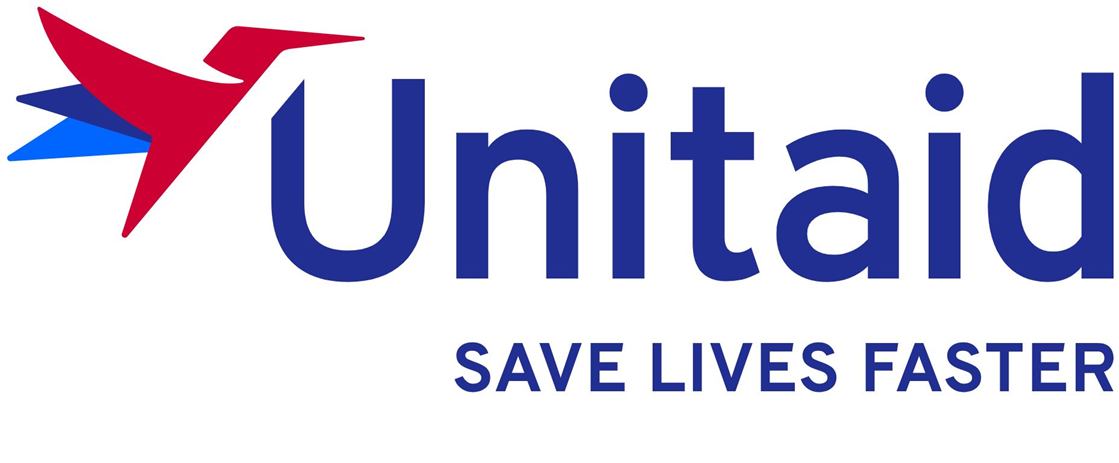The endTB-Q clinical trial, led by Médecins Sans Frontières/Doctors Without Borders (MSF), Partners In Health (PIH) and Interactive Research and Development and funded by global health agency Unitaid, MSF and PIH has reached another important milestone. The endTB consortium partners are happy to report that the last visit for the last study participant in the endTB-Q trial was completed on 22 July. The endTB-Q teams will now advance to data cleaning and analysis of the study results.
This trial seeks to improve treatment for a strain of TB that is resistant to the most important standard medications, known as pre-extensively resistant (pre-XDR) TB. Pre-XDR-TB is an especially dangerous form of TB because it is resistant to the most effective first-line drug as well as to fluoroquinolones, historically the most effective second-line drugs for treating multidrug-resistant TB (MDR-TB).
endTB-Q is a phase III, randomised, controlled and open-label clinical trial that started in 2020. 323 patients enrolled in the trial from six countries: India, Kazakhstan, Lesotho, Pakistan, Peru and Vietnam. It evaluates the efficacy and safety of a combination of newly approved TB drugs (bedaquiline and delamanid) with drugs previously used for other diseases (clofazimine and linezolid) compared to WHO-recommended longer regimens. The endTB-Q experimental regimen would be a major game changer and would offer shorter, tailored alternative to longer regimens for pre-XDR TB patients.




